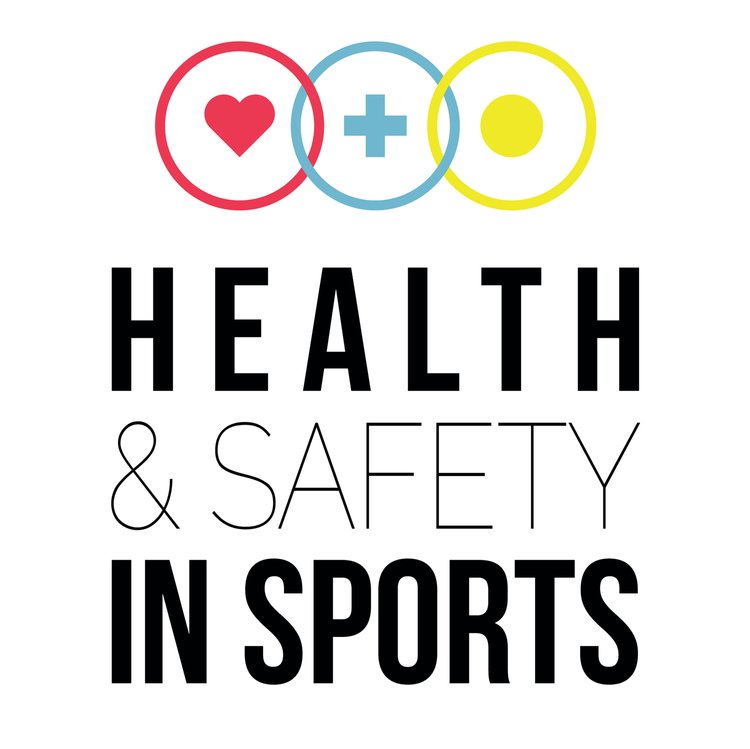eSports are booming, but also frowned upon by health researchers. After all, excessive screen time, inactivity and sedentary behaviour are a global public health problem. While eSports are sedentary ‘activities’, we set out to characterize and describe the physical activity levels and physical training habits of people engaged in virtual football, a popular esports genre related to a traditional sport (i.e., soccer).
Read MorePublications
Consensus on Integrating DSD and Trans women into Elite Competition
We are proud to have shared our voice in this important work! Since antiquity, athletic and Olympic competitions have been separated according to the traditional binary concept of male & females. We have gone past this binary definition in our contemporary society, yet sports are struggling to keep up with this debate. This consensus discussed some of those issues and provided a balanced consensus on how to deal with them.
Read MoreAnyone for (healthy) tennis?
The IOC has recently proposed standard methods for recording and reporting data for injury and illness in sport (1). The authors of the IOC consensus statement anticipated that sport-specific statements would provide further recommendations. We have now led the development of a tennis-specific extension of the IOC statement.
Read MoreAcute physical fatigue negatively affects screening measures (but not all)
Our last post was on the effect of mental fatigue on clinical decision tools for injury risk. Now we can top that up with a twin study looking at physical fatigue. Same overall conclusions, fatigue affects the outcome of employed screening tests. Consider then that when injuries occur on the field … usually, some form of acute fatigue is present.
Read MoreMental fatigue & balance test performance
This recent study we published is very fundamental but imagine the clinical implications. We employ balance tasks for risk assessment, return-to-play decisions, and performance measures. Normally in non-fatigued conditions. But, did you know the outcomes of these test change when the subject is fatigued?
Read More



